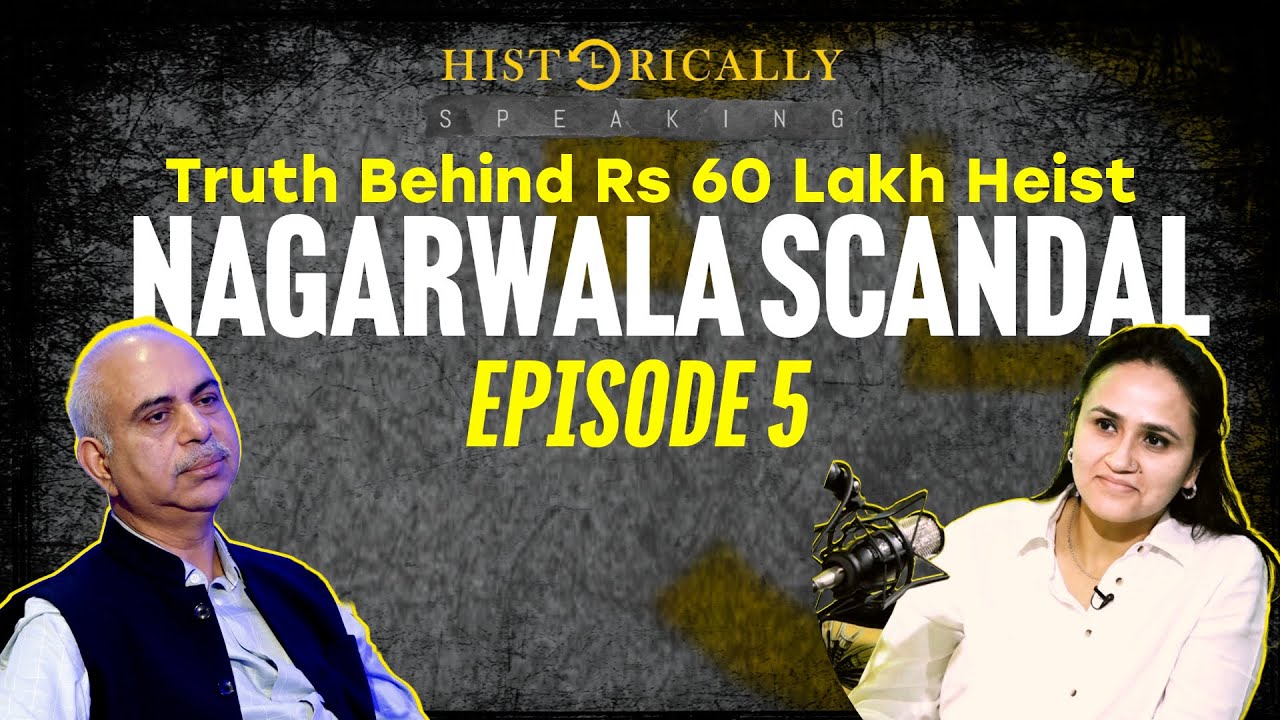Dr. Aishwariya Pandit Sharma and Rasheed Kidwai delve into Kidwai’s book, ‘The Scam That Shook a Nation: The Nagarwala Scandal’, on their YouTube channel “Historically Speaking.”
Explore the 1971 Rs 60 lakh heist’s intricacies, from deceptive phone calls to profound conspiracies, and its impact on the nation.
Known for its captivating discussions on politics and art, ‘Historically Speaking’ examines the intersections of history, politics, and culture through interviews and analyses. Additionally, it investigates how art influences and shapes societal understanding.
The discussion highlighted several significant points concerning Indira Gandhi’s involvement in the ‘Nagarwala Scandal’. Key topics included the crucial role of one of her advisors in her emergency decision-making, questioning whether Indira Gandhi could be manipulated, and debating her innocence in the scandal.
Additionally, the conversation explored the impact of the scandal on India’s security landscape, particularly considering whether it catalyzed the momentum for the country’s cyber revolution.
The outcome of the discussion underscores the complexity of Indira Gandhi’s political maneuverings and the lasting effects of the Nagarwala Scandal on national security measures.
What The Book Is All About?
On May 24, 1971, the chief cashier at the State Bank of India’s Parliament Street branch was duped into handing over Rs 60 lakh to a man posing as a courier for Prime Minister Indira Gandhi. The cash was supposedly for secret operations in East Pakistan, but the PM’s office denied any such instructions. The perpetrator, former army captain Rustom Sohrab Nagarwala, was swiftly apprehended, and the money was recovered. The scandal, marred by a flawed police investigation, judicial errors, mysterious deaths, and Indira Gandhi’s silence, fueled numerous conspiracy theories. “The Scam That Shook a Nation” is the first detailed account of this political corruption case.







